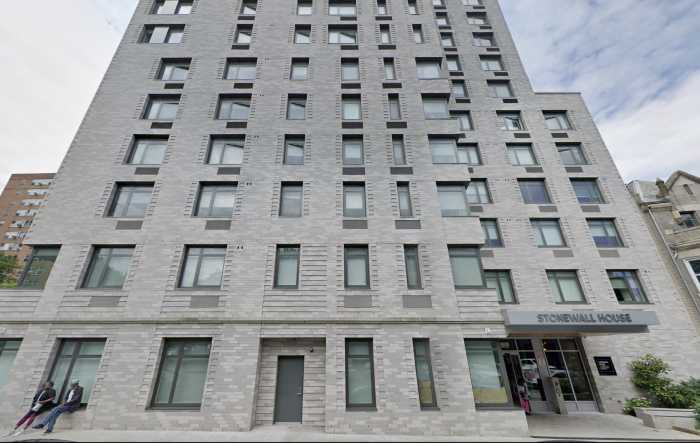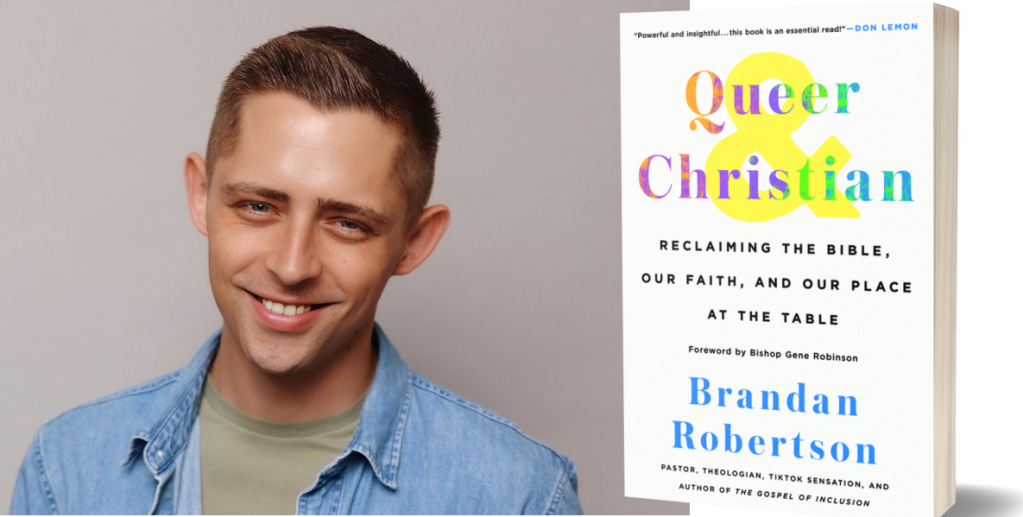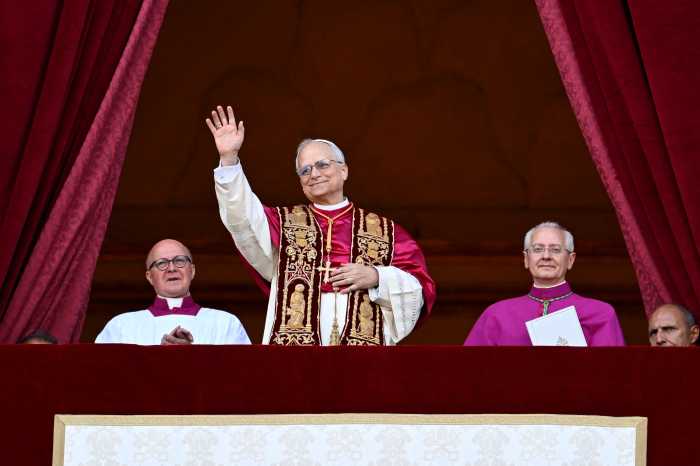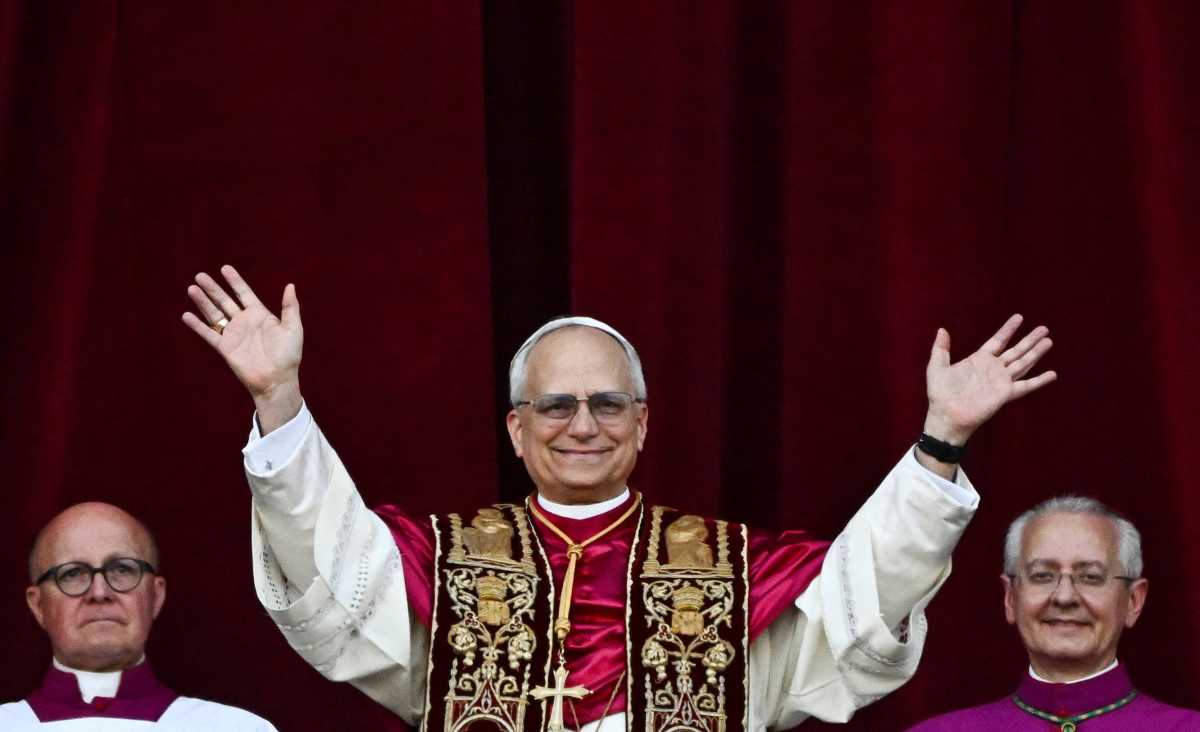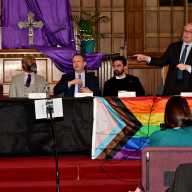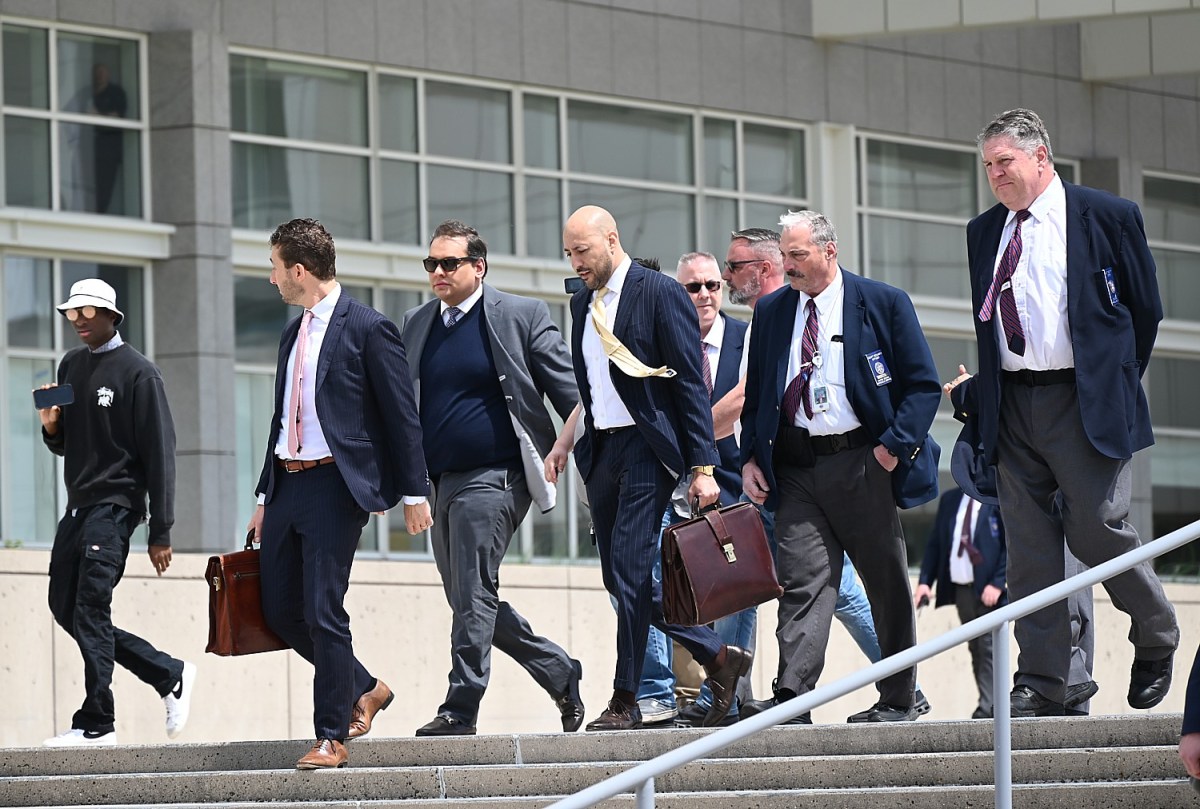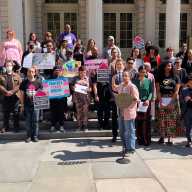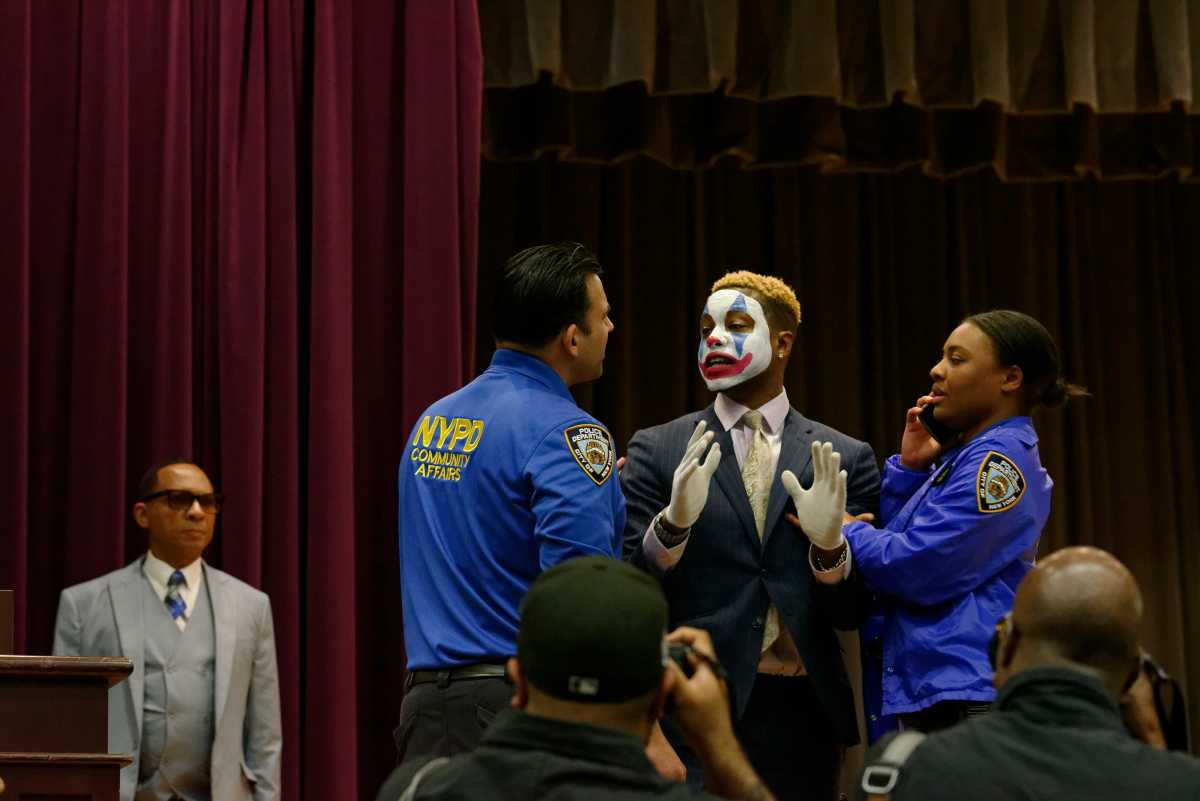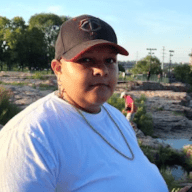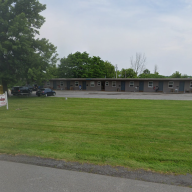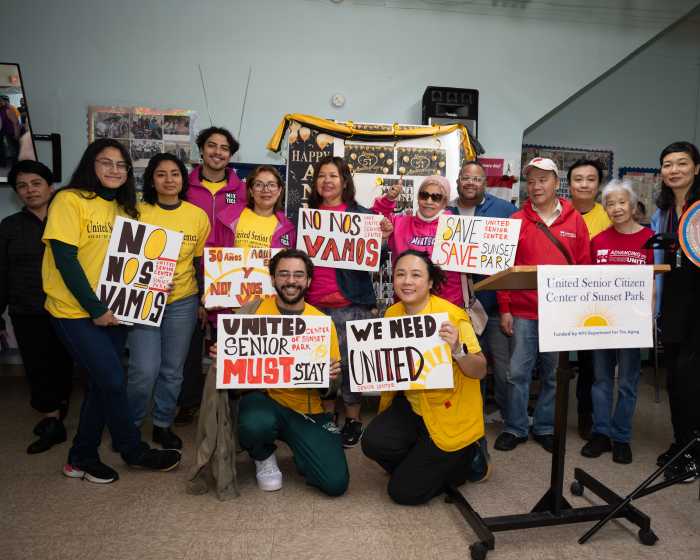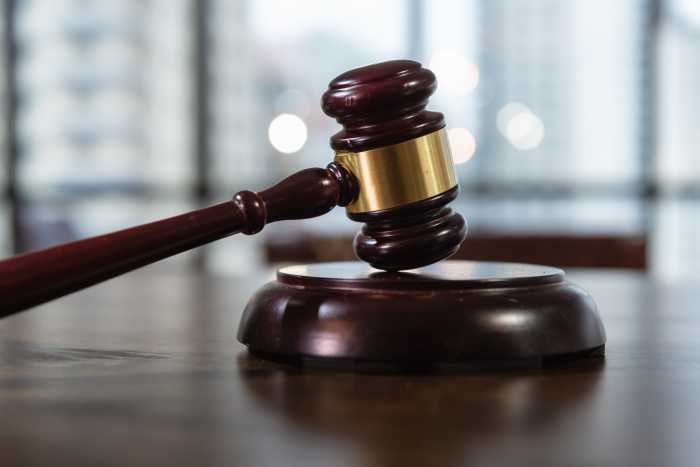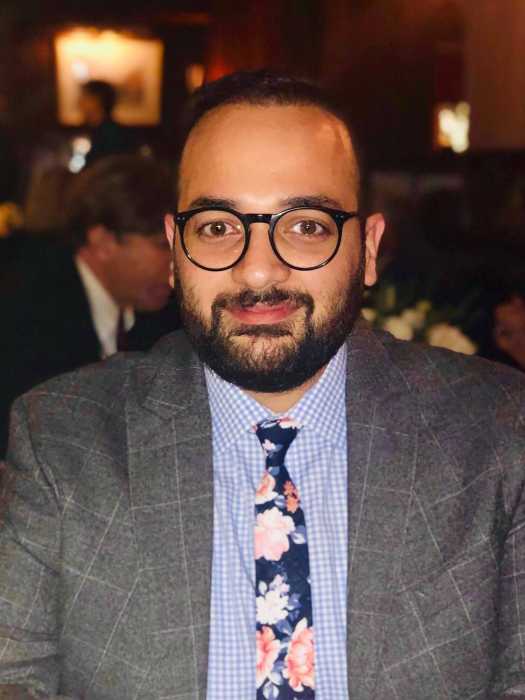Lambda Legal Defense “not surprised” at lower court ruling
Saying that the state legislature—and not the courts—is the government body that should enact same-sex marriage, a New Jersey state court has dismissed a 2002 lawsuit filed by seven gay and lesbian couples who seek the right to marry.
“The appropriate avenue for a change in the meaning of marriage is the legislature, where social changes of the magnitude contemplated by the amended complaint are best addressed,” Judge Linda R. Feinberg wrote in a November 5 opinion.
Feinberg also suggested that the New Jersey legislature “carefully examine and consider the expanded rights afforded to same-sex couples in other jurisdictions.”
Vermont’s civil unions were enacted in 2000 after that state’s highest court late the year before ruled that the state’s marriage laws discriminated against same-sex couples and charged the state legislature with ending that inequality. Civil unions there, which are not recognized by any other state or the federal government, are treated like marriages, but this applies only to Vermont state and local law.
Feinberg’s opinion, which ran to more than 70 pages, found that New Jersey law does not allow same-sex marriages, that same-sex couples do not have a “fundamental right” to marry, and that excluding such couples from civil marriage does not violate an equal protection guarantee in the New Jersey state constitution.
David Buckel, senior staff attorney at the Lambda Legal Defense and Education Fund, said he was not surprised by the New Jersey decision.
“It’s very frequent that with cases of this magnitude you lose in the lower courts,” he said. “That’s what happened in the Lawrence case. I wouldn’t say we were expecting it. We’re just not surprised because this often happens with really big cases.”
Lawrence v. Texas went all the way to the U.S. Supreme Court for a successful decision that was handed down in June that negated the nation’s thirteen remaining sodomy laws.
Lambda, which is joined on the suit by Gibbons, DelDeo, Dolan, Griffinger and Vecchione, one of New Jersey’s largest law firms, will appeal the lower court ruling within the next few weeks.
“The nice thing is it is moving us up more quickly to where we want to be and that is in the higher courts,” Buckel said. “That’s been the assumption all along, win or lose, whoever lost, was going up.”
Unlike the Lawrence case, Lambda cited only New Jersey’s state constitution in the marriage suit so this case cannot be appealed to any federal court. The New Jersey courts have generally been receptive to claims brought by gay and lesbian defendants.
In 1999, former Boy Scout James Dale won a unanimous verdict from New Jersey’s highest court saying he had been discriminated against when the Scouts expelled him in 1990 after he said he was gay. In 2000, the U.S. Supreme Court overturned the New Jersey court in a 5 to 4 vote.
In 1997, a New Jersey court was the first in the nation to formalize the rights of lesbian and gay couples to undertake joint adoptions.
“It is certainly true that New Jersey courts take the New Jersey Constitution seriously,” Buckel said in an interview last year. “The phrase ‘life, liberty, and the pursuit of happiness,’ is in the state constitution and it really means something here.”
Lambda brought the marriage challenge based on the state constitution’s guarantee of the right to privacy, that the courts have ruled include the right to marry, and its guarantee of equal protection.
Lambda has convened a series of town meetings around New Jersey to make the case to the public that gay and lesbian couples are denied a range of benefits by the exclusion from marriage.

